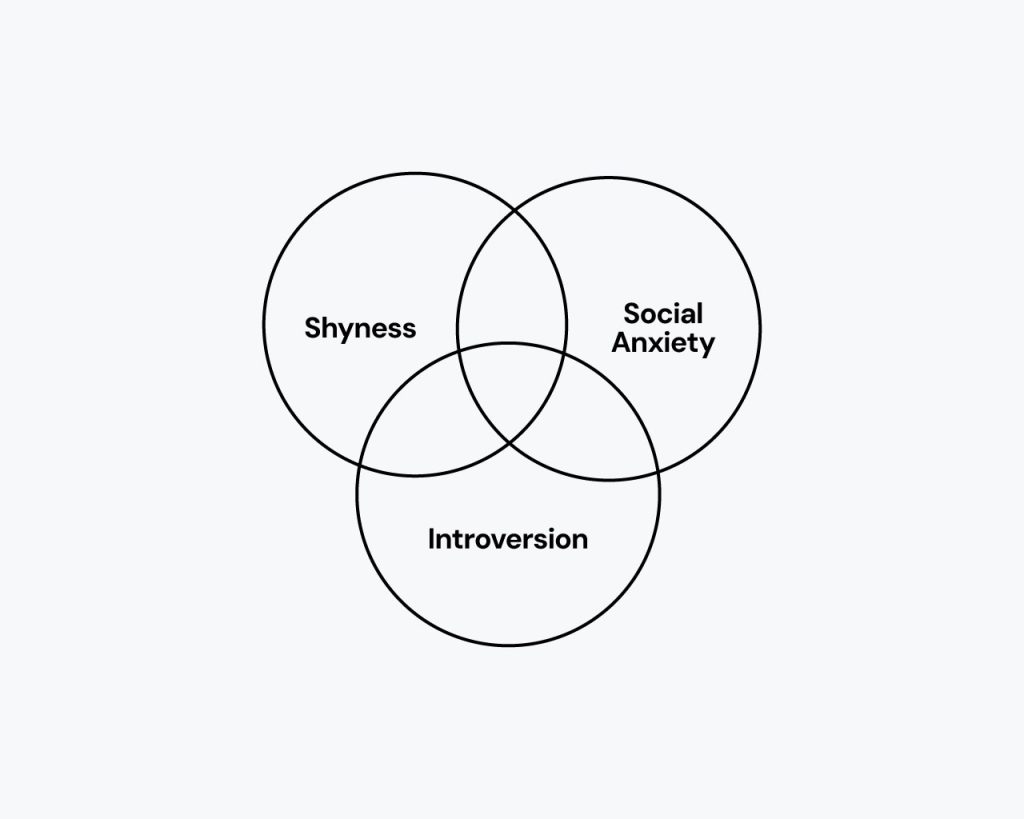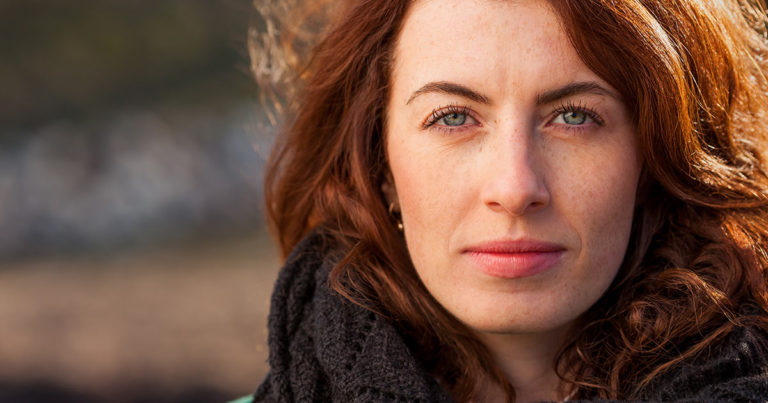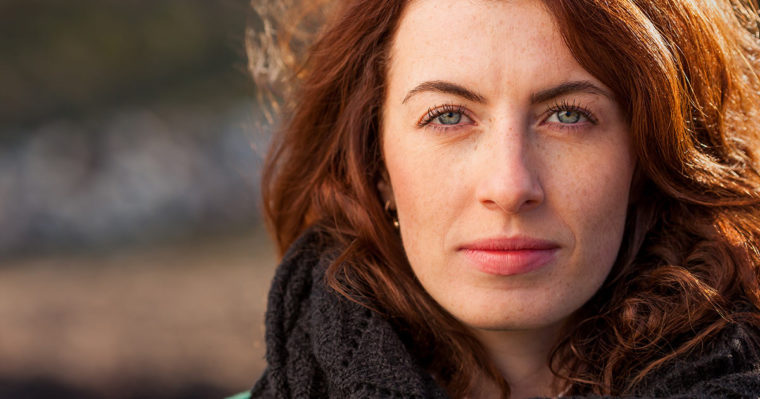Being an extrovert with social anxiety can feel like living a paradox — craving connection while fearing judgment. It sounds contradictory: someone who loves people, parties, and being around others, yet simultaneously feels anxious, judged, or overwhelmed in social settings. But this is the lived reality for many people. Being an extrovert doesn’t protect you from social anxiety.
In this guide, we’ll explore the paradox of extroverts with social anxiety, how it differs from introversion, what causes it, and what strategies can help. Whether you identify as an extrovert with social anxiety or know someone who fits the description, this article will bring clarity, validation, and actionable advice.
Table of Contents
What Is an Extrovert?
Extroverts are typically defined by their tendency to seek stimulation in the company of others. They enjoy external engagement, draw energy from social interaction, and often prefer group activities.
- Talkative and expressive
- Prefer being with people to being alone
- Thrive in fast-paced, social environments
- Often impulsive or action-oriented
It’s important to note that extroversion exists on a spectrum. Many people fall somewhere between extremes of extroversion and introversion — the so-called ambiverts.
What Is Social Anxiety?
Social Anxiety Disorder (SAD), or social phobia, is more than just shyness. It’s a persistent fear of being judged, rejected, or embarrassed in social or performance situations.
According to the National Institute of Mental Health (NIMH), social anxiety disorder affects approximately 7% of U.S. adults in any given year. [source]
Symptoms may include:
- Intense fear before, during, or after social interactions
- Avoiding situations where one might be the center of attention
- Physical symptoms like blushing, sweating, trembling
- Overanalyzing or “replaying” social situations afterward
While social anxiety can affect anyone, being an extrovert with social anxiety creates a distinct emotional tension — the desire to connect paired with the fear of being judged.

How Can an Extrovert Have Social Anxiety?
At first glance, it may seem impossible. Why would someone who loves people fear them at the same time?
But social anxiety is not about not wanting to be social — it’s about fearing the consequences of social interaction. An extrovert with social anxiety might:
- Crave social interaction but feel paralyzed by performance anxiety
- Overthink their social behavior despite being outwardly sociable
- Host or attend gatherings and then spiral with self-doubt afterward
These factors often interact. For example, someone with ADHD may also face criticism in childhood, leading to perfectionism and fear of judgment. When layered on top of a naturally sociable personality, the result can be a confusing mix of approach and avoidance — craving connection while fearing exposure.
One 2023 study in Frontiers in Psychology found that extroverts can experience high levels of social anxiety when their need for social approval is unmet. [source]
The tension between desire and fear can be mentally exhausting — and often misunderstood.
Recognizing yourself as an extrovert with social anxiety can help you make sense of seemingly conflicting emotions — and guide you toward strategies that honor both your need for connection and your need for safety.
The Extrovert-Social Anxiety Cycle
Why It’s Often Misdiagnosed
Because extroverts are naturally expressive, talkative, and socially engaged, their anxiety often goes unnoticed — even by professionals. The signs of social anxiety in extroverts can be mistaken for personality quirks, perfectionism, or even high self-awareness. Friends and therapists might praise them for being outgoing without realizing how much distress is happening beneath the surface. This leads many extroverts with social anxiety to believe their experience isn’t valid or serious enough to seek help.
- Excitement: The extrovert looks forward to an event or interaction.
- Anxiety Spike: As the event nears, fears about being judged or performing poorly rise.
- Overcompensation: They may act overly enthusiastic or agreeable to hide anxiety.
- Crash: After the event, they might ruminate, criticize themselves, or withdraw.
These signs can be subtle or easily misinterpreted. That’s why many people don’t realize they’re an extrovert with social anxiety — they’re praised for being outgoing, while their private struggles go unseen.
Over time, this cycle can lead to burnout, depression, or withdrawal from social life — even though the person is fundamentally sociable.
Is It Really Social Anxiety, or Something Else?
It’s worth differentiating social anxiety from:
- Shyness: A temperament trait; less intense and not necessarily distressing.
- Introversion: A preference for solitude or low-stimulation environments.
- Rejection Sensitivity: A tendency to overreact to perceived rejection, often tied to ADHD or trauma.
You can also explore supplements and nootropics that support social confidence, especially if you’re looking for natural options alongside or in place of medication.
A trained therapist can help determine if what you’re experiencing is Social Anxiety Disorder or another pattern.
For a deeper breakdown of how these terms differ — especially shyness and introversion — see our full guide on Shyness vs Social Anxiety.
Causes of Social Anxiety in Extroverts
- Childhood bullying or criticism
- Perfectionism or high self-expectations
- Trauma or social humiliation
- Family dynamics (e.g., conditional love based on performance)
- Comorbid conditions like ADHD, depression, or BPD
Neuroscience suggests hyperactivity in the amygdala — the brain’s fear center — plays a role in social anxiety. [source]
Many people go years without realizing they’re an extrovert with social anxiety, mistaking their struggles for personal failure. But once named, it becomes manageable — and healing becomes possible.

Before you go, take a moment to reflect: which of these signs or coping tools resonated most with you? What’s one recent social moment that felt different — either empowering or draining? Consider journaling your thoughts, or sharing them with someone you trust. Awareness is always the first step.
Real-Life Signs You Might Be an Extrovert with Social Anxiety
- You love people but dread initiating plans
- You perform well in groups but feel “fake” or insecure after
- You speak easily but replay conversations obsessively
- You hide your anxiety with humor, charm, or people-pleasing
- You burn out after socializing due to emotional overexertion
Famous Examples
Public figures like Adele, Emma Stone, and Barbra Streisand have openly discussed social anxiety, despite being performers who thrive on stage. Adele has described experiencing panic attacks before shows.
This suggests that social anxiety can coexist with charisma, talent, and sociability.
Other public figures, like Jim Carrey and Jennifer Lawrence, have also spoken about social anxiety. Carrey has shared how humor became a defense mechanism for inner chaos, while Lawrence has described feeling socially awkward despite her red carpet presence. These stories highlight how even charismatic personalities may struggle internally — a reminder that being outgoing doesn’t shield someone from anxiety.
These examples prove that being an extrovert with social anxiety isn’t a contradiction — it’s a lived experience for many highly visible, successful people. Their openness helps reduce stigma and shows that help is possible.
It’s also helpful to understand how cultural expectations play a role. Extroverts are often seen as naturally confident, which can pressure people to mask their discomfort. This can be especially challenging for an extrovert with social anxiety, who might feel like they’re failing at being the person others expect them to be. Addressing this pressure can be a step toward healing and self-acceptance.
How to Cope: Strategies That Work
1. Cognitive Behavioral Therapy (CBT)
CBT helps restructure anxious thoughts and gradually face feared situations. It’s a gold-standard treatment for social anxiety.
2. Mindfulness and Grounding Techniques
These reduce overthinking and bring awareness to the present moment.
- 5-4-3-2-1 technique
- Box breathing (inhale-hold-exhale-hold)
3. Journaling for Pattern Awareness
Track when anxiety spikes, what triggers it, and how you recover.
4. Practice “Safe” Social Exposure
Gradually increase your comfort zone. Start with low-pressure situations like talking to a barista or attending a small meetup.
5. Set Social Boundaries
You don’t have to accept every invite. Saying “no” helps preserve your emotional energy.
6. Explore Medication if Needed
For severe social anxiety, SSRIs or beta blockers may help.
Mayo Clinic: Medications for Social Anxiety
Final Thoughts
You can be an extrovert and still struggle with social anxiety. These traits don’t cancel each other out — they create a unique internal contradiction that can feel isolating, but is more common than you think.
Understanding this paradox is the first step to healing it. With the right support, tools, and self-compassion, you can build confidence, navigate anxiety, and still enjoy the connections you crave.
If you’re an extrovert with social anxiety, know that you’re not alone — and there’s nothing wrong with you. This blend of traits might be confusing, but it also means you’re deeply human. Embracing your identity as an extrovert with social anxiety is the first step to managing it with compassion.
You don’t have to choose between being social and being safe. You can have both.
If you’re looking for step-by-step guidance, here’s our companion guide on how to overcome shyness as an adult.







Leave a Comment